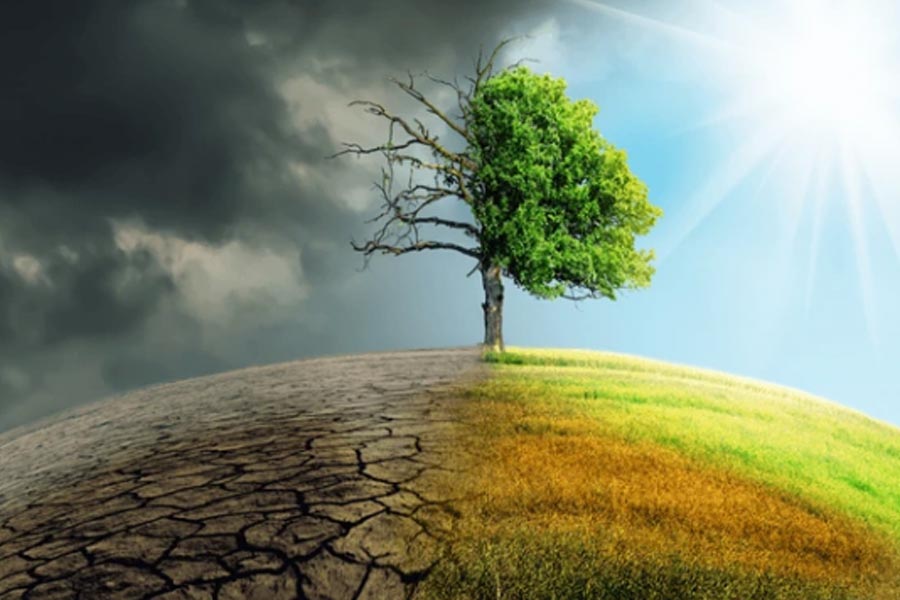The impact of climate change is not limited to weather and seasons. It is, studies suggest, having a deeply adverse effect on regressive social phenomena. Consider a recent report, which revealed that over the past decade, climate-induced disasters have aggravated a number of social challenges in the Sunderbans in West Bengal: over 70% of children have become irregular school attendees and 27% have dropped out of school; there has been a rise in underage marriage in the islands by 55% — between 2019 and 2022, 76 cases of child marriage were recorded, with families struggling on account of environment-related economic hardships marrying off their daughters early to avoid the cost of their upkeep. Such marriages end up bolstering trafficking. This is because marriages are often finalised without adequate background checks, leading to as much as 73% of young girls migrating to other places, providing an impetus to trafficking. The phenomenon is not limited to the Sunderbans. Globally, communities at risk due to climate-induced disasters are being rendered vulnerable to such malpractices. According to a report by the United Nations Population Fund, there has been a spike in child marriages in wide swathes of the world, from Kenya to Bangladesh, due to a paucity of usable natural resources on account of the changing climate. Save The Children also estimates that by 2050, children being married off due to climate change will increase by 33% globally. At least 242 million students in 85 countries had their schooling disrupted by extreme climate events in 2024; this figure is likely to jump too.
Combating the social impacts of climate change requires a graded policy response. Social protection mechanisms exist in India: not only greater funds need to be allocated to them but they must also be made to respond to the changing nature of the challenges. Action plans should identify constituencies particularly vulnerable to climate change — such as women, girls and children — and then work to alleviate their challenges. Additionally, border areas, such as the Sunderbans, might require transnational cooperation between neighbouring countries in this respect. By 2030, the Reserve Bank of India suggests 4.5% of India’s GDP will be at risk due to climate change. The threat of losing the advantage of the nation’s much-vaunted demographic dividend must prompt the government to expedite the framing and the implementation of targeted policies so that climate change’s socially deleterious consequences — trafficking, child marriages, the disruption of education, migration and so on — can be tackled effectively.











